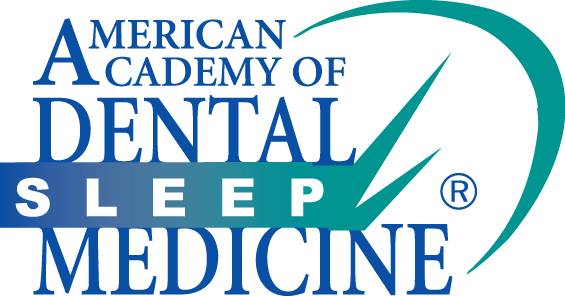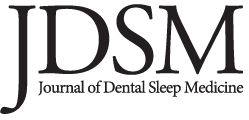
Letter 1, Issue 11.2
Embracing New Paradigms in Pediatric Dental Sleep Medicine: From Controversial to Universal
http://dx.doi.org/10.15331/jdsm.7336Audrey Yoon DDS, MS, ABO, D. ABDSM 1,2
1Clinical Professor, Division of Sleep Medicine, Department of Psychiatry and Behavioral Sciences, Stanford University School of Medicine, Stanford, CA, USA; 2Clinical Assistant Professor, Department of Orthodontics, Arthur A. Dugoni School of Dentistry at the University of the Pacific, San Francisco, CA, USA
I greatly appreciate your editorial1 regarding our paper "A Roadmap of Craniofacial Growth Modification for Children With Sleep-Disordered breathing: A Multidisciplinary Proposal"2 and was delighted that you referred to our work as a potential “paradigm shifter”. It certainly has brought on more controversy than we initially anticipated. We acknowledge that it takes time for people to be open-minded about new concepts that challenge prior conventional established thinking. However, as more clinical evidence accumulates, my colleagues and I think that practices currently seen as controversial might eventually become universal.
The significance of sleep for the development of children and the overall health of individuals cannot be overstated. Sleep-disordered breathing has a notably negative effect on neurocognitive and behavioral development,3 particularly in very young children, and the consequences may not always be entirely reversible. Additionally, the early years of a child's life represent a critical period for craniofacial development. This stage presents a crucial opportunity for meaningful interventions that can have lasting effects. Millions of people experience obstructive sleep apnea, and the craniofacial features underpinning many of these cases can be traced back to their childhood. Dentists, and especially orthodontists and pediatric dentists, can play an important role in promoting global sleep health.
Our publication aims to inspire others in the field to investigate these concepts further within their clinical practices and to explore new frontiers in sleep health. The collaboration between orthodontics, dentistry, sleep medicine, and pediatric care presents unique opportunities for early intervention, offering the potential for transformative treatment approaches.
We concur with your assertion that "there is a need for more information on the topic of pediatric DSM." This recognition is crucial, as it underscores the evolving role of dental professionals in addressing this widespread health concern. We invite our dental sleep medicine colleagues to consider the wider role they can play in improving the lives of all of our patients and their families.
Considering these developments, we are glad that AADSM proposed and offered a valid forum for discussion to define the future scope of DSM. It is our hope that this healthy discussion will embrace the dentist’s role of growth modification as a potential therapeutic target to manage sleep disorders. Such inclusion would mark a significant step forward in integrating dental and orthodontic expertise into the broader framework of sleep medicine.
This is indeed an exciting and pivotal time in our field. The growing body of research, combined with an increasing awareness of the importance of sleep health, positions us at the forefront of a major shift in how we approach and treat individuals with sleep disorders. Our collective efforts in research, clinical practice, and education can lead to profound improvements in patient care.
Thank you once again for highlighting our work and contributing to this important conversation. We look forward to continued collaboration and exploration in this crucial area of dental sleep medicine.
Sincerely,
Audrey Yoon DDS, MS, ABO, ABDSM
CITATION
Yoon, A. Embracing new paradigms in pediatric dental sleep medicine: From controversial to universal. J Dent Sleep Med. 2024;11(2).REFERENCES
- Masse JF. Paradigm shift for the DSM dentist. J Dent Sleep Med. 2023;10(3).
- Yoon A, Gozal D, Kushida C, et al. A roadmap of craniofacial growth modification for children with sleep-disordered breathing: A multidisciplinary proposal. Sleep. 2023;46(8):zsad095.
- Menzies B, Teng A, Burns M, Lah S. Neurocognitive outcomes of children with sleep disordered breathing: A systematic review with meta-analysis. Sleep Med Rev. 2022;63:101629.
SUBMISSION AND CORRESPONDENCE INFORMATION
Submitted for publication December 18, 2023Accepted for publication January 9, 2024
Address correspondence to: Audrey Yoon, DDS, MS, ABO, D.ABDSM; Email: audrey12@stanford.edu
